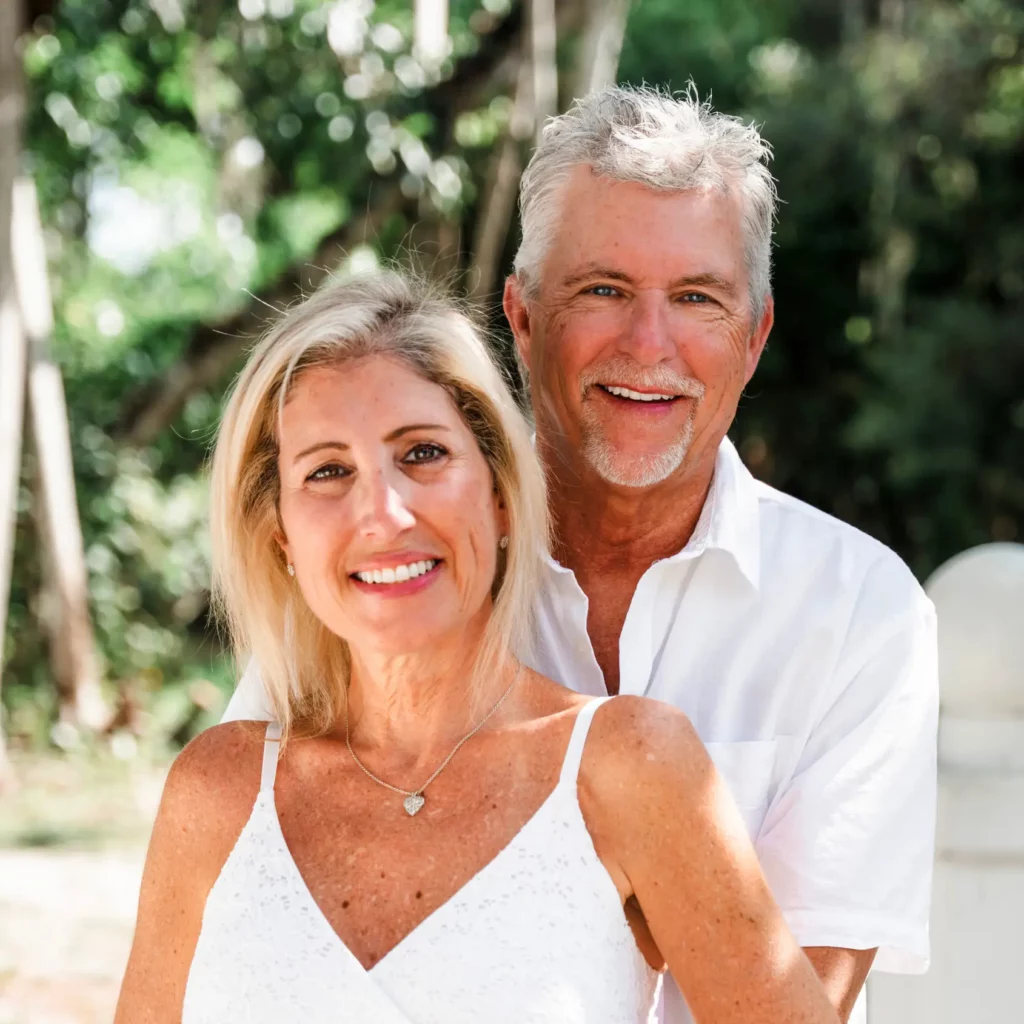Insurance in Florida is unlike anywhere else. From hurricanes to flood zones, the Sunshine State comes with its own set of challenges. Understanding Florida Unique Insurance requirements is crucial for staying compliant and avoiding costly mistakes. If you’re in Fort Myers, knowing the right coverage could save you money and headaches. Here’s everything you need to get started.
Understanding Florida’s Insurance Landscape
Insurance in Florida isn’t simple. The state’s location and weather make it one of the riskiest places to insure property or vehicles. Here’s why Florida Unique Insurance requirements stand out and why meeting them is so important.
Why Florida Has Unique Insurance Needs
- Weather Extremes
Florida is no stranger to hurricanes, tropical storms, and flooding. It’s the state with the highest number of hurricanes hitting landfall—over 120 since records began. This makes insurance companies cautious about the risks they take on.
- Rising Costs Due to Claims
Natural disasters lead to thousands of claims. For example, Hurricane Ian in 2022 caused over $112 billion in damages, making it the most expensive storm in the state’s history. Such events drive higher premiums and stricter policy terms.
- State-Specific Rules
Florida is one of the few states requiring Personal Injury Protection (PIP) for auto insurance. Meanwhile, it enforces strict regulations around property coverage due to the risks of windstorm damage and sinkholes.
Importance of Being Compliant with Florida Requirements
- Avoid Legal Trouble
Skipping required insurance isn’t an option. If you drive without meeting the state’s PIP and Property Damage Liability (PDL) mandates, you may lose your license or face stiff fines.
- Protect Your Finances
Florida’s risks make going uninsured extremely costly. Repairing hurricane damage can cost wildly more than most people expect. Without proper homeowners or flood insurance, you may be stuck paying out of pocket.
- Peace of Mind
A solid policy helps Floridians sleep easier, knowing they’re prepared for the unexpected. Knowing you’ve met Florida Unique Insurance requirements ensures you can recover from loss when challenges hit.
Florida’s insurance rules reflect the realities of living in this vibrant but high-risk state. Whether you’re a driver or a homeowner, understanding these rules is your first step to staying protected.
Auto Insurance in Florida
Driving in Florida comes with unique risks, and the state’s insurance requirements reflect that. Whether you’re a seasoned resident or new to the area, understanding these laws is essential. Florida Unique Insurance laws aim to protect you and others on the road.
Florida’s Required Coverage for Drivers
To drive legally in Florida, you must have the following coverages in your auto insurance policy:
- Personal Injury Protection (PIP)
This covers your medical expenses, lost wages, and some other costs, no matter who caused the accident. Florida requires a minimum of $10,000 in PIP coverage.
- Property Damage Liability (PDL)
You also need at least $10,000 in PDL. This pays for damage you cause to someone else’s property in an accident.
Florida is a no-fault state, which means your PIP covers your injuries first before looking to other parties.
Optional Auto Coverage to Consider
While the state only mandates PIP and PDL, additional coverage can go a long way in protecting you financially:
- Bodily Injury Liability (BIL)
This is not required in Florida, but it covers medical costs or legal fees if you injure someone in an accident.
- Uninsured/Underinsured Motorist Coverage
With nearly 20% of drivers in Florida uninsured, this coverage protects you if they cause an accident.
- Comprehensive and Collision Insurance
These cover damages to your car, whether caused by a crash, theft, or other incidents like flooding—a common issue in Florida.
Tips for Fort Myers Drivers
Living in Fort Myers means dealing with additional driving challenges. Here’s how you can stay safe and save money:
- Be Prepared for Tourist Season
With millions of visitors coming to the area annually, traffic accidents tend to spike during peak travel months. Ensure your insurance policy has adequate coverage to handle unexpected incidents.
- Storm-Proof Your Vehicle
From hail to floods, severe weather can cause significant damage to your car. Park in covered areas where possible and consider comprehensive coverage to protect against storm damage.
- Shop Around for Discounts
Some insurers offer lower rates to drivers with clean records, multiple policies, or vehicles equipped with safety features.
Driving in Florida can be unpredictable, but having the right coverage ensures you’re ready for anything. Florida Unique Insurance is more than a legal requirement—it’s peace of mind on the road.
Homeowners Insurance in Florida
Owning a home in Florida comes with its own set of risks. From hurricanes to sinkholes, the state’s challenges are unique. Having homeowners insurance isn’t just wise—it’s essential for protecting your most valuable asset. Florida Unique Insurance options for homeowners ensure you’re covered for the unexpected.
Basic Homeowners Insurance Coverage
A standard Florida homeowners insurance policy typically covers these areas:
- Dwelling Protection
Repairs or rebuilds your home if it’s damaged by covered events like fire or windstorms.
- Personal Property
Covers the cost of replacing items like furniture or electronics if they’re damaged or stolen.
- Liability Coverage
Protects you if someone is injured on your property and decides to sue.
However, it’s important to know that basic policies often exclude coverage for floods, hurricanes, or sinkholes—key risks in Florida.
Challenges of Insuring a Home in Florida
Homeowners face challenges unique to the Sunshine State, including:
- Hurricanes and Windstorms
Florida is hit with an average of one hurricane every three years. Hurricane Ian alone caused damages of over $112 billion in 2022. Unfortunately, not all policies include windstorm coverage automatically.
- Sinkholes
Central Florida has more sinkholes than any other state. Standard policies often exclude this risk, making added coverage necessary if you live in high-sinkhole zones.
- High Insurance Premiums
Florida homeowners pay some of the highest premiums in the nation. According to the Insurance Information Institute, the average premium in Florida was $4,231 in 2023, nearly three times the national average.
Optional Riders and Endorsements
To address Florida’s distinct risks, you may want to consider adding these endorsements to your policy:
- Windstorm Coverage
Many insurers exclude hurricane-related wind damage, requiring you to buy a separate rider.
- Sinkhole Coverage
This covers structural and ground damage caused by sinkholes, which isn’t included in most standard policies.
- Replacement Cost Value
Instead of the depreciated value of items, this ensures you’re reimbursed for the full cost of replacements.
Recommendations for Fort Myers Homeowners
If you’re in Fort Myers, here are a few tips to secure the best coverage for your home:
- Evaluate Your Hurricane Deductible
Most hurricane coverage includes a separate deductible that can range from 2% to 5% of your dwelling limit. Review and adjust this based on your risk tolerance.
- Home Hardening Measures
Strengthening your home with storm shutters, reinforced roofs, or impact windows could qualify you for significant discounts.
- Shop Smart
Work with a local agent who understands the nuances of Florida Unique Insurance. They can guide you toward policies that truly meet your needs.
Your home is more than four walls—it’s where life happens. Protecting it with the right insurance ensures you’re ready for whatever Florida throws your way.
Flood Insurance and Why It’s Essential in Florida
Flooding is one of Florida’s most common—and costly—natural disasters. Even areas far from the coast can experience severe flooding. Standard homeowners insurance doesn’t cover this risk, which is why flood insurance is so important. Florida Unique Insurance options include flood coverage to help homeowners prepare for rising waters.
FEMA Flood Zone Classifications
Where your property is located determines your flood risk, and FEMA’s flood zone maps are the standard for gauging that risk.
- High-Risk Zones (Special Flood Hazard Areas)
Properties in these zones, labeled as “A” or “V,” have a 1% or higher chance of flooding each year. That might not sound high, but it adds up to at least a 26% chance over a 30-year mortgage.
- Moderate-to-Low Risk Areas
Zones labeled B, C, or X face less frequent flooding, but don’t mistake this as zero risk. FEMA reports over 20% of all flood insurance claims come from these zones.
Required Flood Insurance
Florida law doesn’t mandate flood insurance for every homeowner, but it’s inescapable for many.
- Federal Requirements
If you live in a high-risk FEMA flood zone and have a federally-backed mortgage, flood insurance is required.
- Why Fort Myers Residents Should Consider It
The Fort Myers area is particularly vulnerable to tropical storms and hurricanes. During Hurricane Ian, nearly the entire region suffered catastrophic flooding. Even if you’re not in a high-risk zone, floodwaters don’t follow maps perfectly.
Getting Affordable Flood Insurance
Flood insurance can vary greatly in cost, but there are ways to manage expenses:
- Private vs. National Flood Insurance Program (NFIP)
The NFIP, run by FEMA, is the most common way to get coverage. However, private insurers may offer more flexibility and lower premiums, depending on your risk.
- Elevation Certificates
An elevation certificate documents your home’s elevation compared to the base flood level. Homes elevated above the base level can qualify for significant premium discounts.
- Mitigation Efforts
Adding features like flood vents, elevating utilities, or installing barriers can lower your flood risk—and your premium.
Floodwaters can be unpredictable and devastating, but with the right coverage, you can bounce back. Florida Unique Insurance options for flood protection give you the confidence to weather the storm, no matter where you call home.
Health Insurance Requirements in Florida
Like everything else in Florida, health insurance has its quirks. Whether you’re employed, retired, or self-employed, understanding the basics can help you find the right plan. Florida Unique Insurance regulations work alongside federal laws to ensure residents have access to care.
Federal vs. State Regulations
Health insurance in Florida is shaped by a mix of federal and state rules. Here’s how they interact:
- Affordable Care Act (ACA)
The ACA ensures all Americans, including Floridians, have access to coverage. Insurers cannot deny you coverage for pre-existing conditions, and all plans must cover essential benefits like doctor visits, hospital stays, and preventive care.
- Medicaid in Florida
Florida follows federal Medicaid guidelines but has stricter eligibility requirements than some other states. For example, low-income adults without children are generally not eligible.
- Short-Term Health Plans
Florida allows short-term health plans, which don’t always comply with ACA standards. These plans are a cheaper option for temporary coverage but often come with fewer benefits.
Understanding these regulations is important when deciding how to get covered for your medical needs.
Options for Health Coverage
Floridians have several routes to secure health insurance, depending on their situation:
- Employer-Provided Coverage
About 51% of insured Floridians get coverage through their jobs. These plans often include perks like lower premiums and family coverage.
- Marketplace Plans
The ACA-created marketplace is another popular choice. Open enrollment happens once a year, but qualifying events like marriage or job loss allow for special registration. Over 2.9 million Floridians signed up for marketplace plans in 2023.
- Medicare
For residents 65 and older, Medicare offers essential coverage. Florida has one of the largest Medicare populations in the country, with over 4.7 million enrollees.
- Medicaid
Medicaid assists low-income individuals, children, and some seniors. The federal and state governments share the cost of this program.
- Self-Funded or Private Plans
If you don’t qualify through work, Medicare, or Medicaid, private insurance companies offer a range of plans. Policies can be more customizable but often come with higher premiums.
Florida’s diverse mix of options ensures that you can find a plan that fits your budget and life stage. Whether you’re Medicare-eligible, a working professional, or in between jobs, there’s a pathway to meet your needs. Florida Unique Insurance regulations guide the way to make sure you’re protected.
Tips for Choosing the Right Insurance in Fort Myers
Finding the right insurance can feel overwhelming, especially in a city like Fort Myers with its unique risks. However, a few smart strategies can make the process much easier. Florida Unique Insurance policies can be tailored to meet your specific needs if you know where to look.
Work with a Local Agent
A local insurance agent is your best ally when it comes to navigating Fort Myers’ unique challenges.
- Understanding Local Risks
Fort Myers faces hurricanes, flooding, and a high influx of seasonal residents. A local agent knows these risks and can recommend policies that address them.
- Personalized Service
Local agents build relationships with clients, offering advice that’s specific to your home, car, or health situation. They’ll help you understand coverage options without pushing policies you don’t need.
Compare Coverage Options Instead of Focusing Solely on Premiums
The cheapest option isn’t always the best. Here’s how to approach comparisons wisely:
- Look Beyond the Price
A low premium might seem attractive, but it could leave you underinsured. Review coverage limits, deductibles, and exclusions to ensure you’re adequately protected.
- Key Coverages to Check
For homeowners, evaluate windstorm and flood riders. For auto insurance, consider whether you need additional coverage like Uninsured Motorist Protection.
- Ask About Flexible Options
Many providers offer customizable plans, so don’t be afraid to ask for adjustments to fit your budget and needs.
Conduct Regular Policy Reviews
Your life and circumstances change, so your insurance should too.
- Annual Reviews
Schedule a yearly check-up with your agent to update your policies. For instance, if you’ve made upgrades to your home, you may need additional coverage.
- After Life Events
Big changes like a marriage, a new baby, or a new car require updates to your insurance. Don’t wait—adjust your policy as soon as changes occur.
- Avoid Surprises
Reassessing your coverage ensures you’re prepared before disaster strikes, not scrambling afterward.
Leverage Discounts and Preventative Measures
Saving money on insurance is easier than you think with these strategies:
- Bundling Policies
Many companies offer discounts if you combine multiple policies, like auto and homeowners insurance, with the same provider.
- Storm-Proofing Your Property
Adding features like impact windows, storm shutters, or reinforced doors can cut homeowners insurance costs.
- Safe Driving Discounts
For auto insurance, maintaining a clean driving record or taking a defensive driving course often qualifies you for lower premiums.
- Home Security and Safety Systems
Installing security alarms, fire sprinklers, or smoke detectors can lower premiums for both homeowners and renters.
Finding the right insurance isn’t about choosing the cheapest plan—it’s about peace of mind. With the right tools and guidance, you can secure coverage that fits your life in Fort Myers. Florida Unique Insurance options are designed to keep you prepared for whatever life throws your way.
Navigating Florida’s insurance landscape can be tricky, but understanding your options makes all the difference. From mandatory auto insurance and tailored homeowners policies to essential flood coverage and health insurance plans, it’s clear that Florida’s unique conditions call for specialized protection. Don’t forget the importance of regular policy reviews and working with a local agent to ensure you’re fully covered at the best price. If you’re in Fort Myers and need advice or a custom quote, contact us today. We’re here to help you find the right coverage for your needs.







